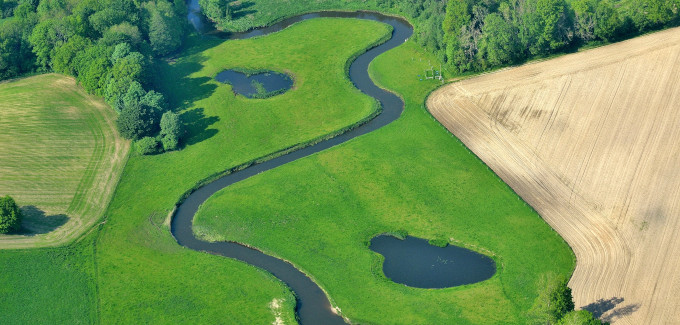
Water, nature, landscapes and soils are affected by:
Negative and positive externalities within all these areas can be regulated by introducing policies and changing management approaches. Important aspects in this context are the cost-effectiveness of the regulation, the fairness of the distribution of costs and benefits, and potential spatial differences. Both in Denmark and at the EU level, significant focus is directed at regulations and policies related to aquatic and terrestrial ecosystems. As an example, EU’s Water Framework Directive stipulates that all both marine and fresh water bodies should meet the criteria of good water quality. Differentiated and targeted regulation is in focus in the Danish implementation of the Water Framework Directive, as both effects, costs and benefits vary across different spatial locations.
Examples of themes and problems in focus are:
Ressource Flow
Circular economy is the principle that products and their ingredients are part of continuous circuits. For many years, our economy has been linear: we extract raw materials, produce products, consume - and throw out. Thus, an incredible number of resources are lost.
Circular economy is based on the concept of secondhand and recycling, so that the products are used several times or the materials are used in new products - again and again. Harmful ingredients have been eliminated and all production is based on renewable energy.
At the Department of Environmental Science, we investigate the environmental sustainability of society's activities. Our studies are carried out in collaboration across sectors and on different scales and in collaboration with the business community, authorities and civil society. For example, we are looking for answers to: